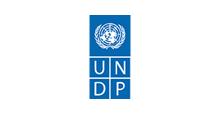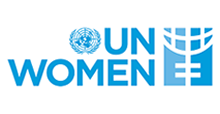
The COVID-19 pandemic is primarily a health crisis with far-reaching social and economic ramifications. In Uganda and around the world, some response measures to the pandemic have resulted into lockdown of cities and communities. The measures have also inevitably disrupted livelihoods of millions of people, and disproportionately affected poor households, children, women, persons with disability, the elderly, persons with underlying chronic illnesses and informal sector workers. In Uganda, media reports suggest that there are people who are not putting in practice the health guidelines aimed at preventing the spread of COVID 19.
The urgency and necessity of the instituted measures in response to the pandemic is undoubtable. However, the prescribed public safety guidelines against COVID-19 may also lead to anxiety due to changes in routines and livelihoods. A multitude of issues including poor mental health, domestic violence, child maltreatment, violent crime, loss of income due to sudden unemployment, alcohol and substance abuse among others, are some of the unintended negative outcomes. These issues have the potential to undermine prevention and response measures against COVID 19, in addition to causing unprecedented harm to families, localities and the general society. Yet, the success of any measures against the COVID -19 require that there is community participation, ownership and sustainability of the efforts at the grassroots level. Working through a community engagement framework promises to deliver positive results and ultimately leads to greater socio-emotional, health and economic wellbeing of all the affected individuals, households and communities.
Lessons from recent Ebola outbreaks in West Africa, DRC and Uganda suggest that interventions that do not foster community engagement at all levels from early planning through implementation, are more likely to encounter resistance, disengagement and apathy at the community level, resulting into disinvestment. Within this guidance note, a community refers to the lowest level of local administration say Local Council 1 in the case of Uganda and the members that comprise that local council. A community may also refer to an organized social grouping in any given locality, or multiple localities; including virtual communities –albeit, with a recognizable form of identity, or organized and mobilized through a common platform, to achieve a common goal.









